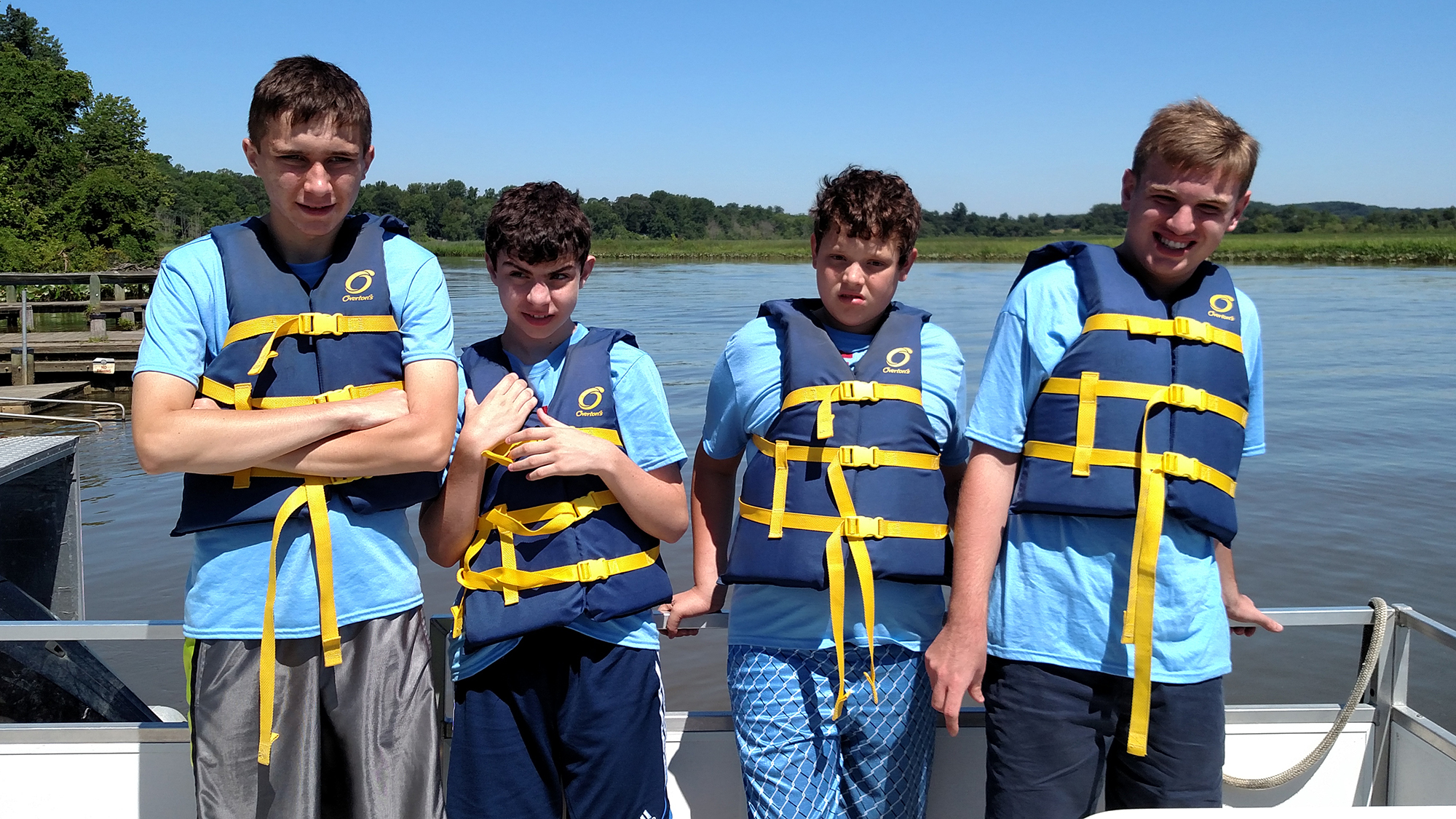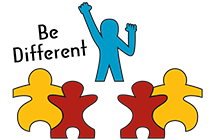
Summer Programs
Summer Programs are a great way to make sure your loved ones are getting the services they need over the summer break this includes summer camp, siblings camp and aquatic therapy.
Summer Camp
Our Day Camp meets Monday thru Friday from 9:00-3:00 for 9 weeks. Students may attend as many weeks of summer camp as they would like. Some attend all weeks, some attend multiple weeks and others attend 1-2 weeks. This camp is appropriate for all students on the spectrum from diagnosis through age 21. Groups are arranged by age and ability. We limit enrollment to ensure maximum participation. Camp activities include games, sports, arts & crafts, sensory motor activities, aquatic therapy and field trips. All activities will encourage socialization, communication and life skills.
Our Travel Camp meets Tuesdays and Thursdays from 9:00-4:00 on select weeks. This camp is appropriate for students in middle school, high school and young adults. Group size is limited to 10 students per week. This camp is designed for students with higher levels of independence and appropriate behavior skills. Students should be able to interact with peers with minimal prompting, be interested in trying new activities and benefit from opportunities to develop existing friendships. Students in this camp must be approved by TAP staff to participate.
Aquatic Therapy
With the addition of our new pool we are able to offer individual, dyad, and small group Aquatic Therapy lessons. Aquatic Therapy is a wonderful way to encourage motor skills development, sensory skills and socialization for our students. We will follow the Red Cross curriculum which moves through levels based on skill mastery. Water skills such as putting your face in the water, blowing bubbles, floating, treading water, and the freestyle stroke are but a few of the skills to master. Life skills such as putting on a bathing suit and applying sunscreen will also be incorporated into the lessons.
The vast majority of our students will work in individual sessions but some will be able to do dyads and small groups (3 students only). Small group students must possess the ability to attend to group instruction, learn from others and work cooperatively with one another
